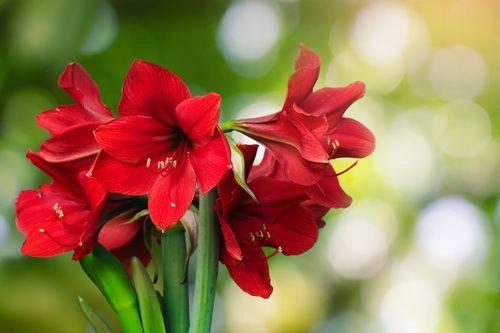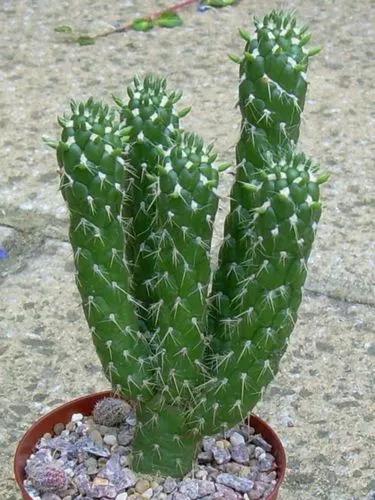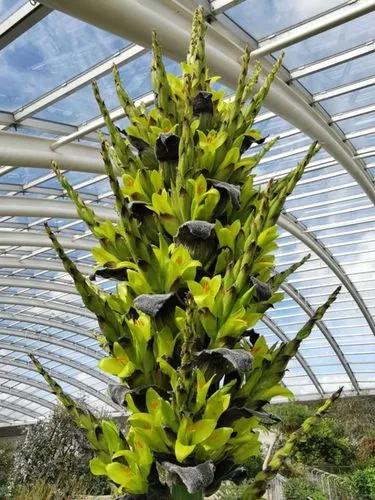Camellia is a showy and fragrant, broadleaf evergreen, woody shrub native to Japan. It is a member of the Theaceae (tea) family. The word camellia is derived from Georg Josef Kamel (1706), a Jesuit missionary and naturalist. It is usually found growing up to an altitude of 900 metres. It is an evergreen shrub growing to 5 m tall. The leaves are broad elliptic, 3–7 cm long and 1.2–3 cm broad, with a finely serrated margin. The flowers are 5–7 cm diameter.
Pink Stella Camellia Care
Camellia Sasanqua 'dixie'



How to Care for the Plant

Water

Water regularly, when top 3 in. of soil is dry.

Pruning

In general gardening terms, pruning is probably the most misunderstood gardening chore, and certainly, the chore that is most likely neglected. When we specifically look at pruning with regards to camellias, this misunderstanding and negligence can be magnified. Pruning has been described as a “combination of art and science.” Pruning a specific plant to look a specific way, involves art in creating a unique definition for a specific plant, and it involves science in understanding the physical growing habits of the plant to be pruned. The most important reason for pruning camellias is to improve the overall health of the plant.

Fertilizer

Camellias are one of the slowest growing and yet one of the most desirable ornamental plants available today. In order for camellias to give their maximum performance, certain fertilization requirements must be met. Despite their slow growth patterns, camellias such as Camellia April Dawn are considered to be heavy feeders. In recent years, a misconception has emerged that older camellias do not need to be fertilized. The premise is based on the fact that these older and well established camellias can derive all their nutrients from their soil. Although many well established camellias perform wonderfully without being fertilized, they will do even better with a regular fertilization program.

Sunlight

Filtered sun, Full shade, Partial shade

Soil

Any well drained soil

Temperature

Tender plant – may be damaged or killed by low temperature.

Popularity

104 people already have this plant 48 people have added this plant to their wishlists
Discover more plants with the list below
Popular articles






